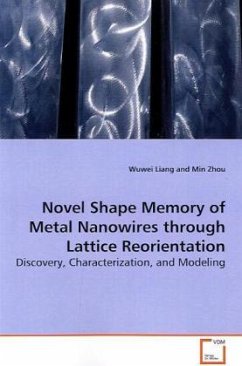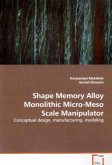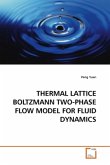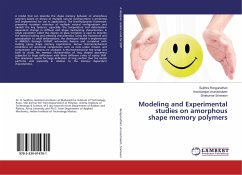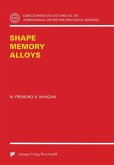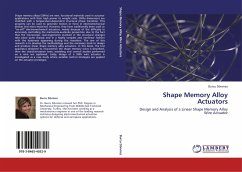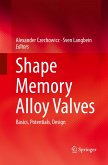As functional nano building blocks, nanowires are of
great technical importance because of their unique
structures, properties, and potential applications in
nanoscale electronic, photonic, biological, and
chemical devices. These applications require a
fundamental understanding of the structural
characteristics and thermomechanical properties of
nanowires.
This work focuses on the characterization of the
structure and mechanical behavior of metal nanowires.
A novel shape memory effect and pseudoelastic
behavior of metal nanowires are discovered in
molecular dynamics simulations. Specifically, upon
tensile loading and unloading, these wires can
recover elongations of up to 50%, well beyond the
recoverable strains of 5-8% typical for most bulk
shape memory alloys. This novel behavior arises from
a reversible lattice reorientation driven by the high
surface-stress-induced internal stresses at the
nanoscale. It exists over a wide range of temperature
and is associated with response times on the order of
nanoseconds, making the nanowires attractive
functional components for a new generation of
biosensors, transducers, and interconnects in
nano-electromechanical systems.
great technical importance because of their unique
structures, properties, and potential applications in
nanoscale electronic, photonic, biological, and
chemical devices. These applications require a
fundamental understanding of the structural
characteristics and thermomechanical properties of
nanowires.
This work focuses on the characterization of the
structure and mechanical behavior of metal nanowires.
A novel shape memory effect and pseudoelastic
behavior of metal nanowires are discovered in
molecular dynamics simulations. Specifically, upon
tensile loading and unloading, these wires can
recover elongations of up to 50%, well beyond the
recoverable strains of 5-8% typical for most bulk
shape memory alloys. This novel behavior arises from
a reversible lattice reorientation driven by the high
surface-stress-induced internal stresses at the
nanoscale. It exists over a wide range of temperature
and is associated with response times on the order of
nanoseconds, making the nanowires attractive
functional components for a new generation of
biosensors, transducers, and interconnects in
nano-electromechanical systems.

